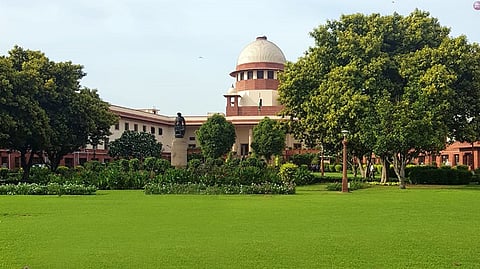
- News
- Columns
- Interviews
- Law Firms
- Apprentice Lawyer
- Legal Jobs
- हिंदी
- ಕನ್ನಡ

The Supreme Court on Monday held that the extra-judicial confession is a weak piece of evidence and such evidence is admissible only if it is voluntary, trustworthy and reliable [Union of India v. Major R. Metri NO. 08585N].